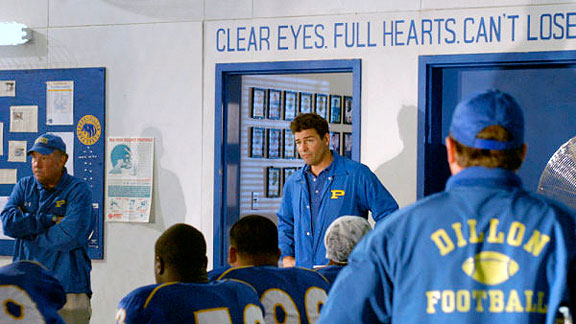You’re a founder who’s juggling a million priorities and tasks — from product to people to vision. There’s so much going on and so much to do that you feel simultaneously adrift and stuck, not sure what to do or where to turn next — even as you continue to work incredibly hard to get your startup on higher ground.
It’s time for you to get a business coach.
“Having a coach who can develop insights for you, to help you think through things is so, so helpful,” says Brian Wang, co-founder and CEO of Fitocracy — which began as a gamified fitness tracking app with an important social support element and now includes a platform offering coaching services. “It’s the next big element of health and fitness — and I would say productivity — to have coaching,” predicts Brian, “a human experience that moves beyond a self-serve tool.”
Even with Fitocracy’s move toward training services, Brian was initially skeptical about the value of a CEO coach for himself. But he soon found his business coach invaluable to the process of self-improvement as an entrepreneur and leader.
A Business Coach Isn’t For Me
When you consider the most successful people in many industries — athletics and entertainment are perhaps the most visible — they have coaches. What’s lesser known is that many top leaders and entrepreneurs, including Steve Jobs and Jeff Bezos, had CEO coaches.
 Yet people generally don’t consider coaching an option because they see it like a luxury service — or even dismiss it as something downright silly for suckers. Entrepreneurs, especially, can feel that a business coach is something they’ll never need, dissonant with their very identity. Just think: the stereotypical persona of an entrepreneur is that she’s bold and brash, disrupting the establishment, making waves, and blazing her own path. This person has no need for a coach.
Yet people generally don’t consider coaching an option because they see it like a luxury service — or even dismiss it as something downright silly for suckers. Entrepreneurs, especially, can feel that a business coach is something they’ll never need, dissonant with their very identity. Just think: the stereotypical persona of an entrepreneur is that she’s bold and brash, disrupting the establishment, making waves, and blazing her own path. This person has no need for a coach.
In Fitocracy’s push to make coaching a more mainstream, accessible option, Brian has learned that this skepticism is the major barrier in anyone’s quest for improvement. “That’s probably the biggest challenge for most people,” he observes. “They look at it and they think, ‘I don’t need that. That’s for people who are really struggling, and I really have a good handle on this sort of stuff” — despite the fact that they’re not actually seeing results.
For Brian, the turning point came when he fell into a conversation with another founder, talking about the common challenges of creating and sustaining a startup, specifically as “an early-stage company when you’re still trying to figure everything out and make things happen.” When she mentioned that she was working with a CEO coach, he considered how Fitocracy was going through “a particularly stressful period” and decided to give it a try.
What he got was a rewarding “opportunity to talk to someone who is outside of work, outside of my personal life, someone who could really lend an objective third party view and work with me with the explicit goal of making me better.”
The Humble Paradox of Business Coaching
The paradox of business coaching, especially for entrepreneurs and other driven, ambitious, talented people, is that the very attributes of self-confidence and chutzpah required to take the risk of starting your own venture prevents you from admitting that you could use a little help.
 Brian has seen how this plays out at Fitocracy when coaches encounter skeptics. These are the people who aren’t willing to give up their preconceived notions or believe that receiving guidance and coaching is beneath them.
Brian has seen how this plays out at Fitocracy when coaches encounter skeptics. These are the people who aren’t willing to give up their preconceived notions or believe that receiving guidance and coaching is beneath them.
“Working with a coach requires a certain level of humility,” explains Brian. “Not everyone’s ready to do it — especially if you’re someone who believes that you know all the answers and you don’t need external help. Then you’re never going to work with a coach, because you haven’t gotten to the point where you’re humble enough to think, ‘maybe I can use some help.’”
The result is self-fulfilling. If you don’t believe in coaching, you also won’t allow it to help you get better.
Brian continues, “If you’re having your assumptions challenged and getting asked to think about things in a different way — and you’re really resistant to that — coaching is not going to be helpful for you. But if you’re willing to take a different look and you come into it with the attitude of, ‘I’m here to improve and I know I don’t know everything,’ then you’re going to get a huge amount of value.”
* * * * *
Having a business coach seems like proof that you’re not good enough, that there’s stuff you need to work on. Even though you may be stuck on the next step and how to make meaningful headway, this can be a difficult thing to admit. But you’re never going to get better if you don’t work at your weaknesses and blind spots.
By trying to do this all yourself, you limit your possibilities and your potential. You have to have the peculiar confidence to be humble enough to admit that you’re not good at everything, that perhaps you could use a coach.

